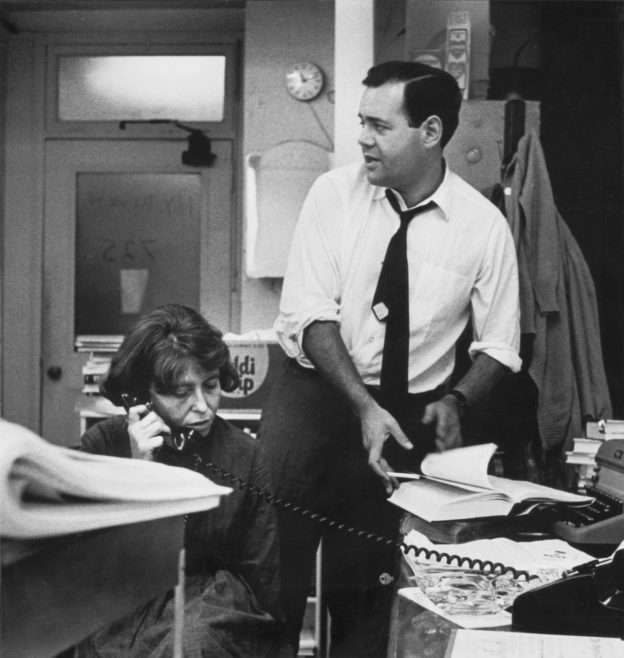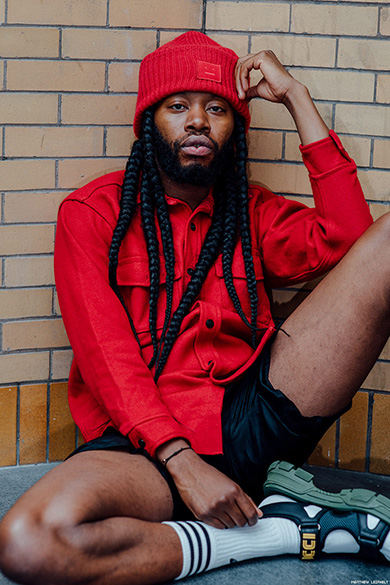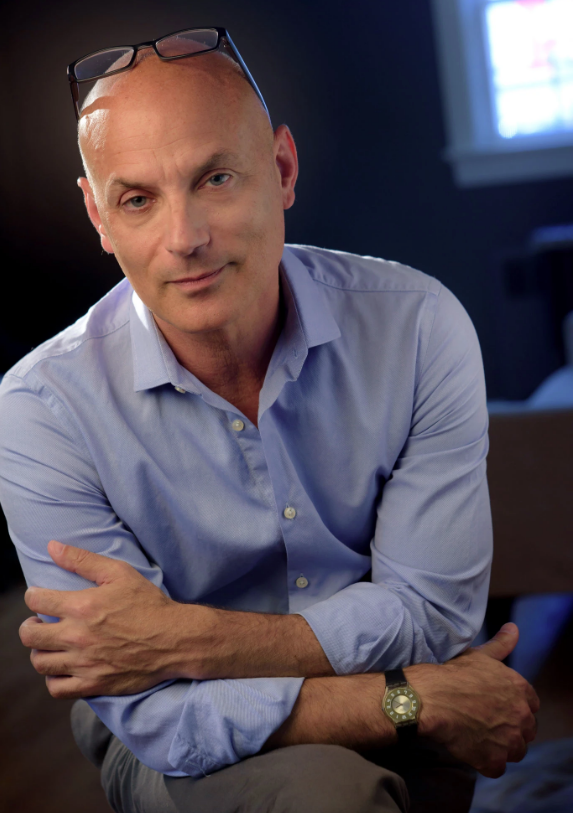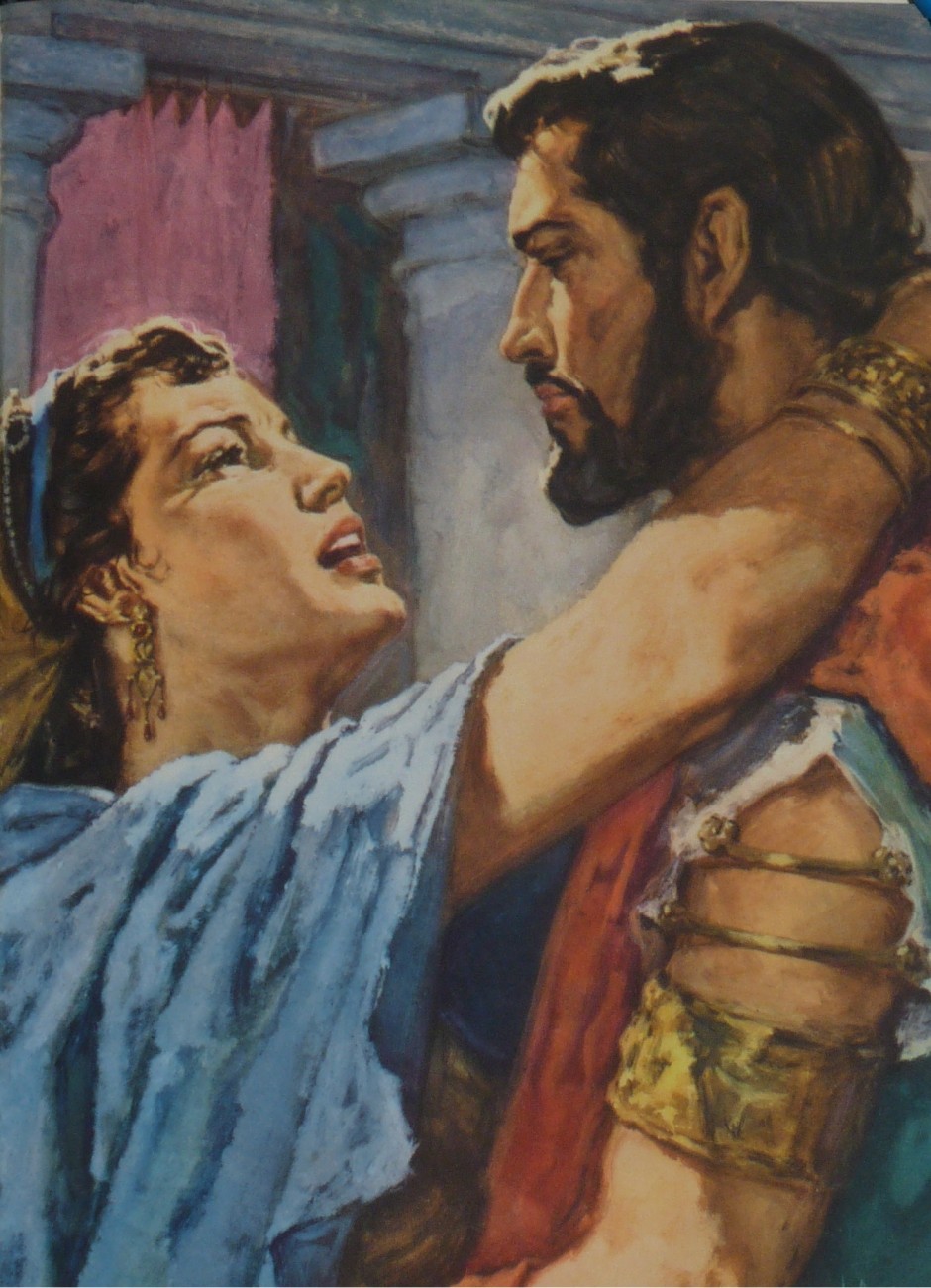

Robert Silvers was a brilliant, demanding, funny, painstaking, and inspiring editor, a walking chronicle of postwar literary-political history, an intimidating sweetheart, and very dear to me. At the end of an editorial session, once he had identified all your piece’s weaknesses, evasions, and missed opportunities, he would close with a brusque, even peremptory, but always, somehow, hopeful, “See what can be done.” In the world according to Silvers, there was always something to be done. — Michael Chabon


The New York Review of Books was founded in 1963 by Barbara Epstein, Jason Epstein, and their West 67th Street neighbors Elizabeth Hardwick and Robert Lowell during an extended newspaper strike in New York City. They asked their friend Robert Silvers to edit the broadsheet—and he agreed, if Barbara would join him as co-editor.



The Review was an immediate success, and during first decades published Mary McCarthy on Vietnam, James Baldwin (“An Open Letter to My Sister, Miss Angela Davis”), Isaiah Berlin, Hannah Arendt, Gore Vidal, Norman Mailer, Joan Didion, Richard Hofstadter, Edmund Wilson, Susan Sontag, Noam Chomsky, I. F. Stone, W. H. Auden, and many more. Today, Zadie Smith, Yasmine El Rashidi, Zoë Heller, Janet Malcolm, Hilton Als, Darryl Pinckney, James Fenton, Colm Tóibín, and Daniel Mendelsohn continue the intellectual tradition.
Before Silvers died in 2017, Martin Scorsese and David Tedeschi filmed the editor in his domain. The resulting film—THE 50 YEAR ARGUMENT, narrated by Michael Stahlbarg—documents the history of the paper with in-person interviews and a rich selection of clips. The film is available through HBO Max and is streaming free in September, courtesy of the Review.
See link below.


Directed by Martin Scorsese and David Tedeschi.
Now streaming.


From top: Barbara Epstein and Robert Silvers in 1963 in their first office in the Fisk Building, New York City, photograph by Gert Berliner, courtesy and © the photographer and The New York Review of Books; David Moore, Mary McCarthy, New York, 1956, courtesy and © the photographer and the National Portrait Gallery, Australia; The New York Review of Books, May 25, 2017; Gore Vidal (center) with John F. Kennedy and Jacqueline Kennedy; Nina Simone and James Baldwin, early 1960s, photograph by Bernard Gotfryd, courtesy and © the photographer’s estate and the Library of Congress Collection; Isaiah Berlin (left) and Silvers, photograph by Dominique Nabokov, courtesy and © the photographer; Darryl Pinckney in London, 1991, photograph by Nabokov; Martin Scorsese and David Tedeschi, The 50 Year Argument (2014), image courtesy and © HBO Documentary Films; W. H. Auden; Joan Didion, photograph by Jill Krementz, courtesy and © the photographer; Francine du Plessix Gray and Silvers, photograph by Nabokov, courtesy and © the photographer.














